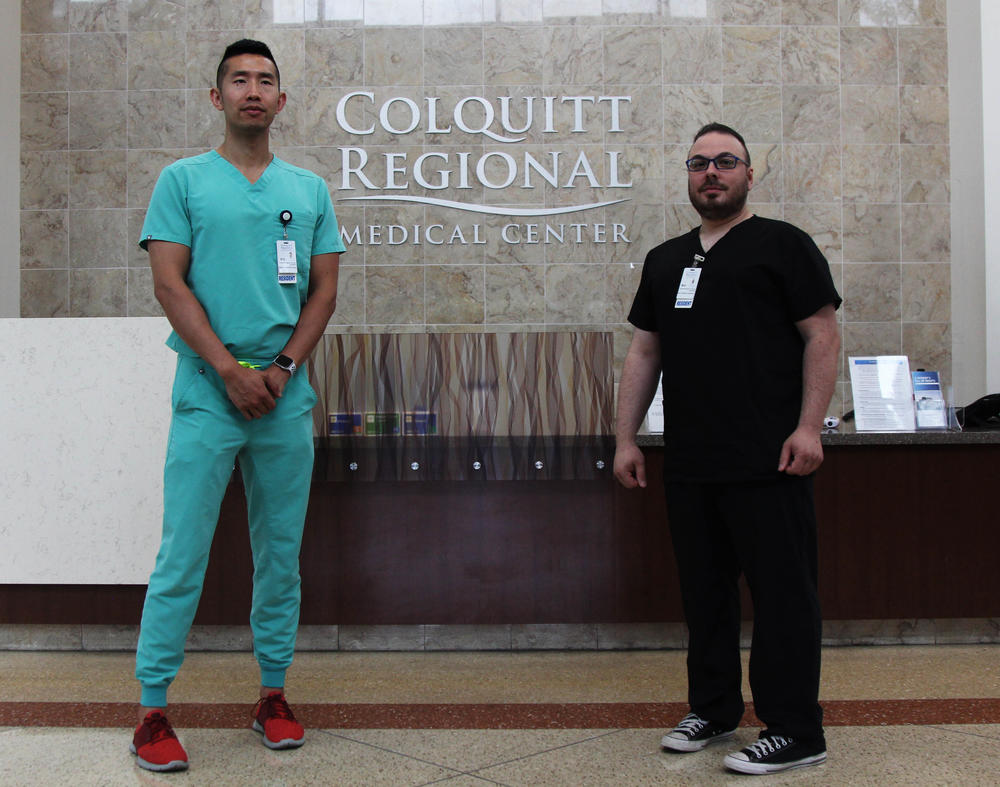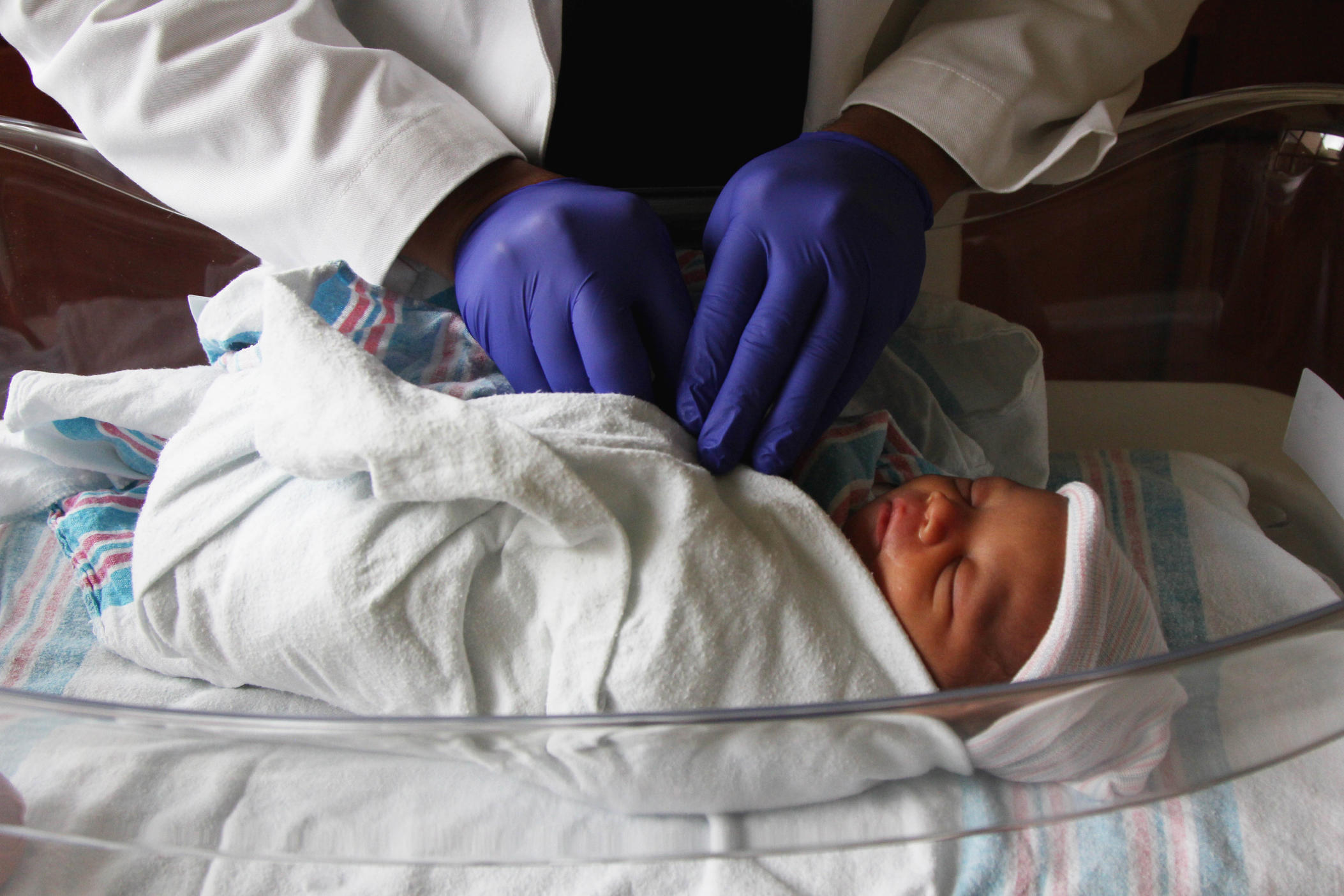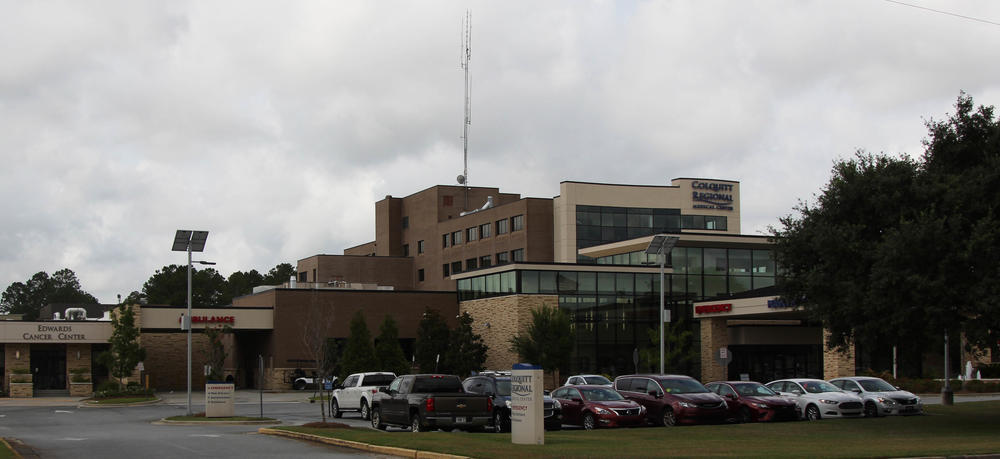
Caption
Psychiatry residents Xiun Ouyang and Anthony Cimino pose at Colquitt Regional Medical Center in Moultrie, Ga., on June 25, 2022. They are part of a new cohort training to become licensed psychiatrists after Colquitt Regional, which operates in a medically underserved area, got federal funding for the new program.
Credit: Sofi Gratas/GPB News



